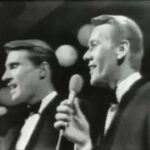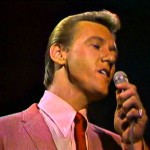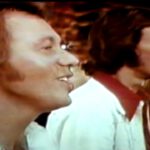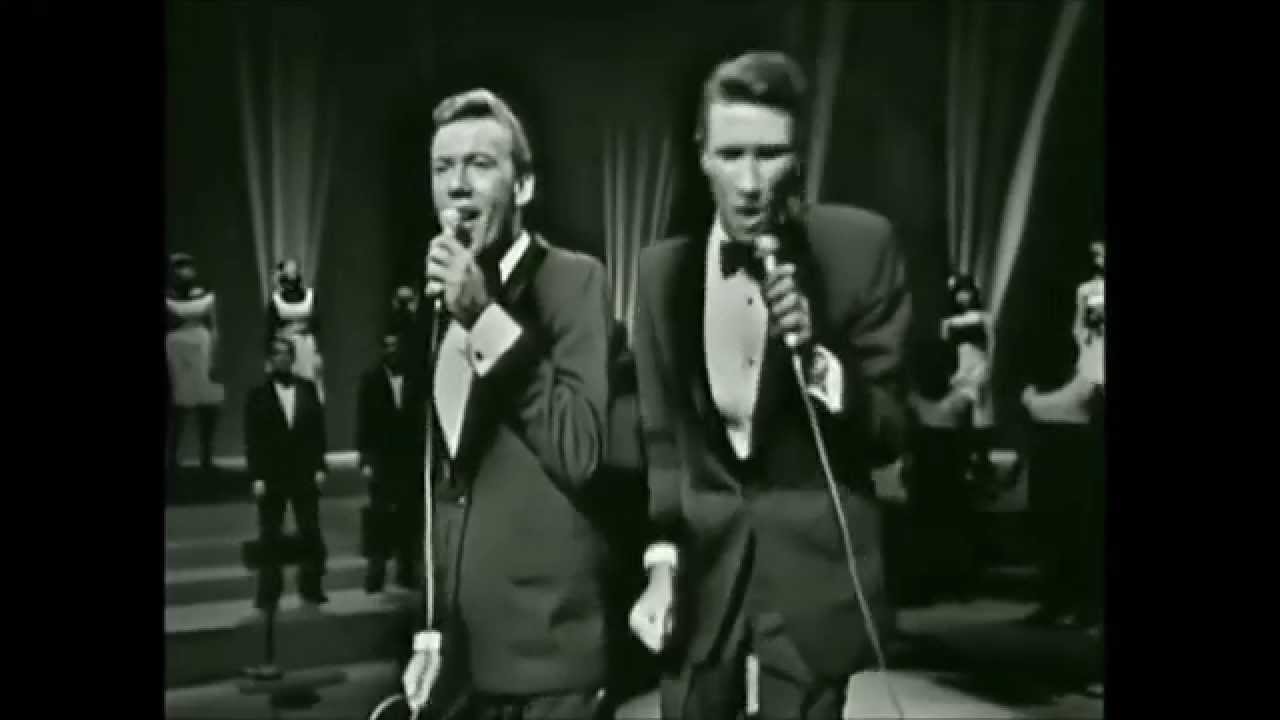Ebb Tide – The Righteous Brothers
“Ebb Tide” by The Righteous Brothers is a sweeping, emotionally resonant ballad that captures the feeling of longing and emotional surrender through the metaphor of the sea. Originally written by Robert Maxwell and Carl Sigman in 1953, the Righteous Brothers released their version in 1965, with Bobby Hatfield delivering the lead vocal. The song opens softly, like the calm before an emotional storm, and gradually builds in intensity, mirroring the ebb and flow of the tide it references. Hatfield’s voice is the centerpiece—tender and powerful—demonstrating his remarkable vocal range and emotional delivery.
The lyrics evoke a powerful imagery of being caught in the tides of love, comparing the rise and fall of the ocean to the emotional highs and lows of a romantic relationship. Phrases like “First the tide rushes in, plants a kiss on the shore” convey intimacy and connection, followed by retreating waves symbolizing distance or loss. The sea, in this case, becomes a metaphor for vulnerability—something beautiful, uncontrollable, and vast. The mood of the song is lush and melancholic, reinforced by rich orchestration that includes strings and dramatic crescendos.
Musically, “Ebb Tide” is a hallmark of the “blue-eyed soul” genre the Righteous Brothers helped define. Produced by Phil Spector, the song benefits from his famous “Wall of Sound” technique, though it’s more restrained here than in some of his other productions. Instead, the arrangement leaves space for Hatfield’s vocal to soar unimpeded, especially in the climactic final lines, where emotion peaks and then recedes—like the very tide the song describes.
“Ebb Tide” stands out in the Righteous Brothers’ catalog not just for its vocal virtuosity but for its cinematic quality. It has been featured in numerous films and television shows over the decades, often used to underscore scenes of love, nostalgia, or heartache. The song is a masterclass in using music and metaphor to explore deep emotional themes, and it remains a stirring example of the power of classic pop balladry.







